Description
About The Ketogenic Diet: A Complete Guide
The popularity of very low-carbohydrate (aka ketogenic diets) has come and gone over the years. And there remains intense scientific interest in their use for weight/fat loss and even neurological conditions. Unfortunately, there is altogether too much misinformation regarding them.
Proponents of low-carbohydrate diets tend to present them as almost magical, a cure for everything. Diet books promise easy weight loss without hunger or calorie counting. Zealots online make the same claims but the results never seem to appear.
At the other extreme are those who are against low-carbohydrate diets. They tend to present the diet as nothing more than a nutritional disaster. A lie perpetrated by a con men with something to sell.
As is so often the case, the reality lies somewhere in the middle. All diets have their pros and cons and low-carbohydrate diets are no different. The research on this topic is clear: ketogenic can provide benefits under certain circumstances. In some situations, they may be better than the “typical” carbohydrate based diet.
The Ketogenic Diet is the first book to objectively examine in-depth the scientific evidence regarding ketogenic diets. In writing it I didn’t take a pro- or anti-stance on the diet. Rather, my goal was to examine the research objectively. I wrote it with the intention of making it a reference manual for ketogenic diets. With some certainty, I can say that it is unlike any other book on the topic.
Topics Covered in The Ketogenic Diet
Covering every topic in extreme detail, The Ketogenic Diet addresses everything from the basic physiology of how the body adapts to a low-carbohydrate intake, the details of human fuel utilization, the impact of low-carbohydrate diets on body composition and many, many more.
None of the above would be useful without practical guidelines for application. The book provides details on how to optimize ketogenic diets for different goals. These include general fat loss, bodybuilding and endurance sport performance. I also describe three distinct types of ketogenic diets, two of which allow for the intake of carbohydrates.
In addition, the book includes a complete discussion of resistance, aerobic and anaerobic exercise physiology along with specific training programs for different goals and different levels of trainee
At 325 pages and containing over 600 scientific references, this will be your complete reference for ketogenic diets.
Please note: this book does not include information on the ketogenic diet for adolescent epilepsy (the topic is discussed briefly). I highly suggest The Ketogenic Diet: A Treatment for Epilepsy, 3rd Edition (Paperback) by Freeman, Freeman and Kelly (link will take you to Amazon.com page).
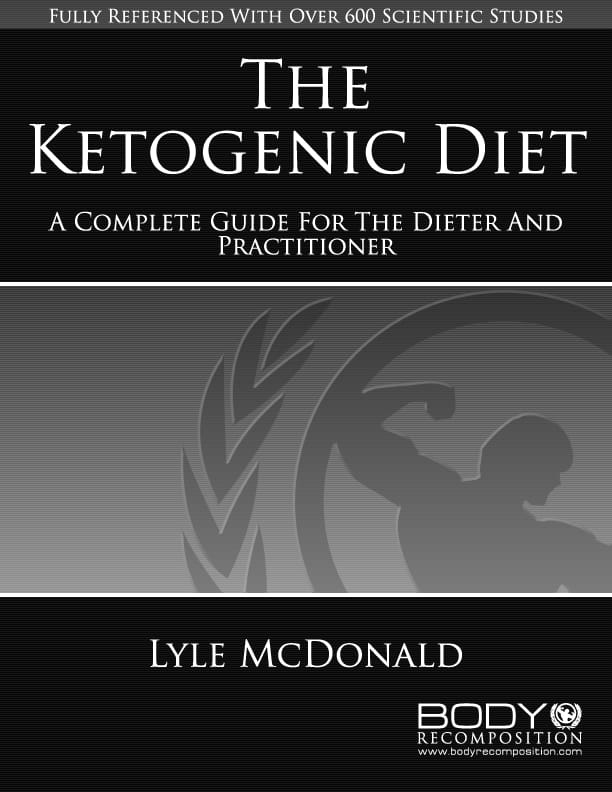
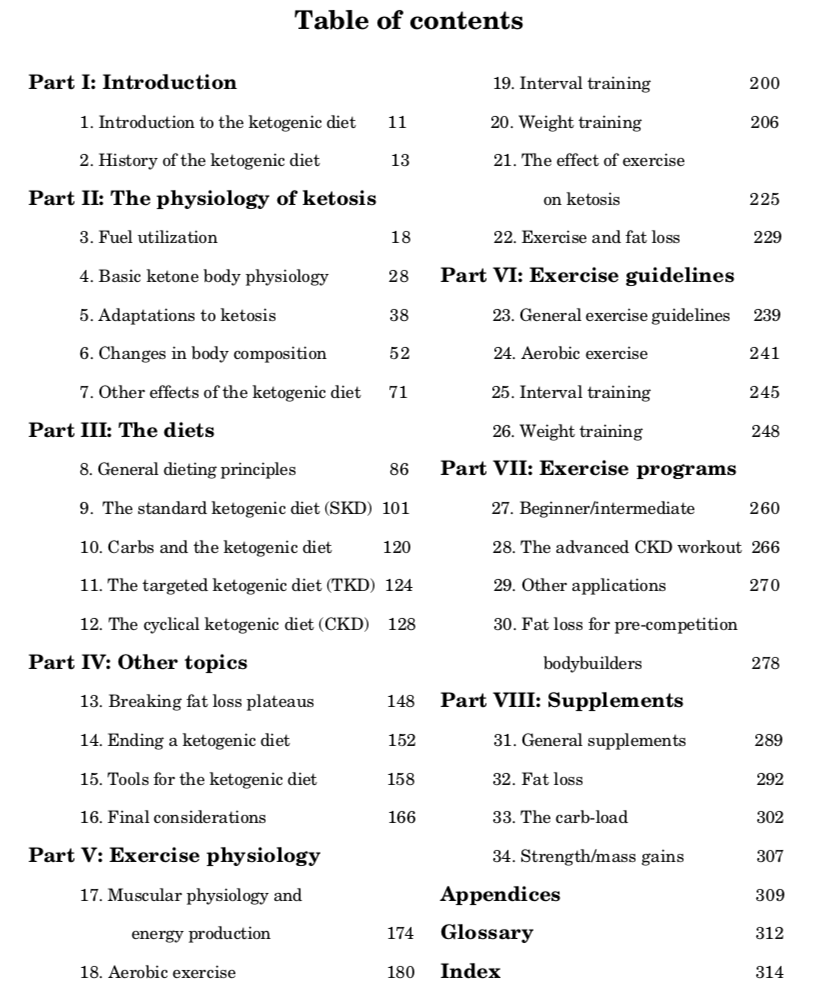
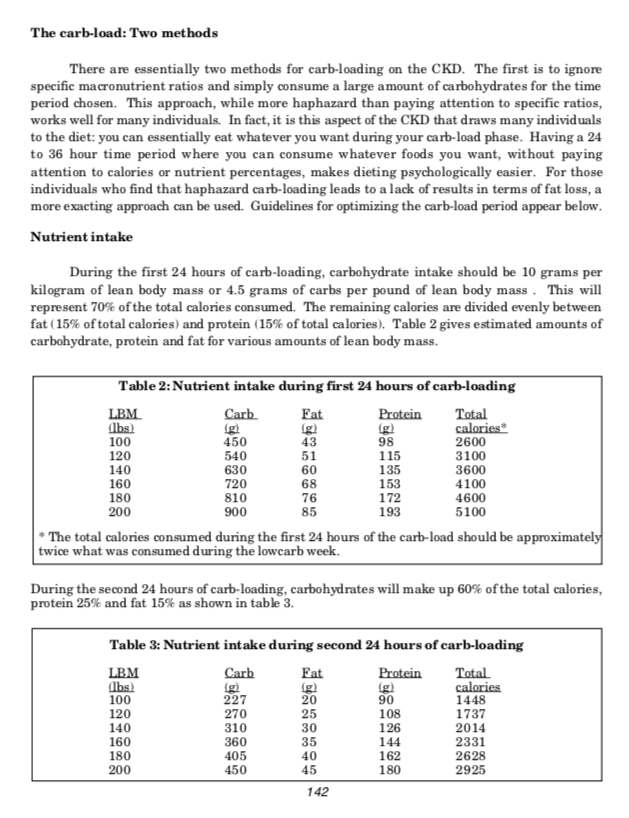
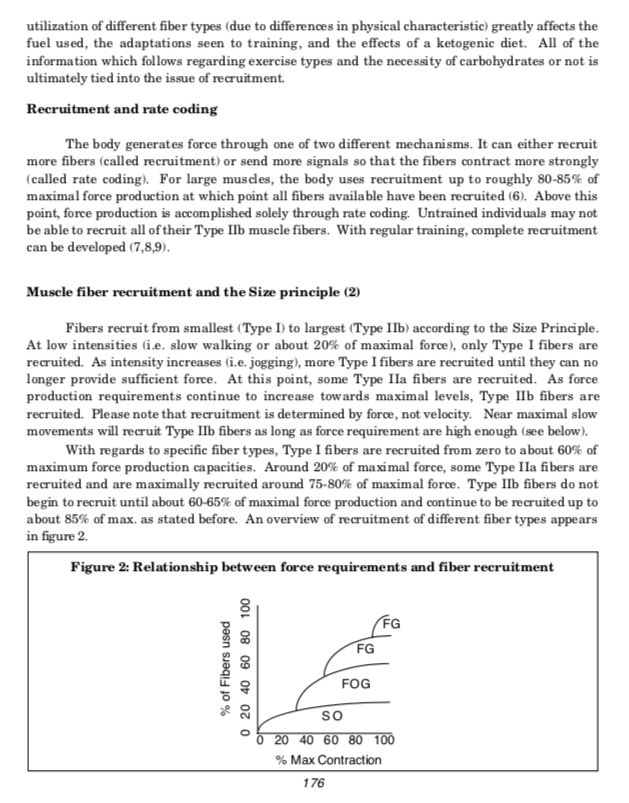
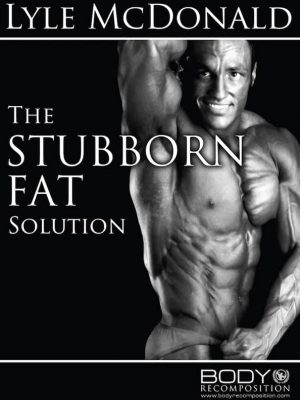
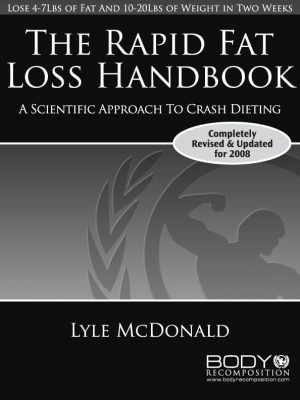
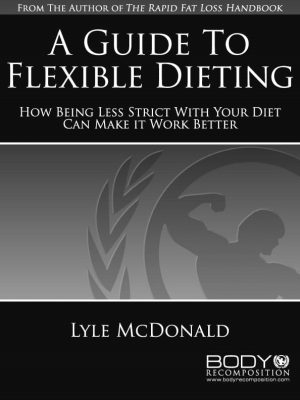
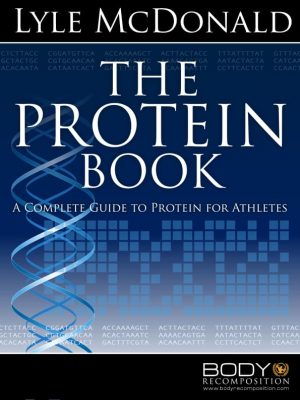
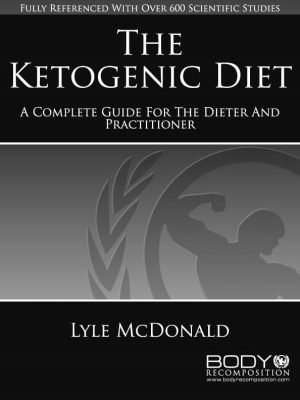
David Barry –
Literally, the first book with regards to diet or exercise that truly states both sides of the coin. Lyle doesn’t paint the perfect picture as most do when discussing a particular method of eating.
In contrast, he shows both the positive and negative aspects of the ketogenic diet so that the reader can make an informed decision.
Additionally, Lyle not only explains the science but also tediously makes sure to back up what he’s saying with references. As a result, The Ketogenic Diet is a must-have for anyone from a beginner to the advanced trainee.
Lubo An –
The most comprehensive book on keto diets I have ever read. The great thing is that it’s written by a non keto zealot so you’ll get unbiased and high quality knowledge based on the balanced analysis of the plethora of scientific research.
Brett –
It’s one of Lyle’s older books (if not oldest? )but still the most comprehensive book on the subject of ketogenic dieting ever written. With the renewed popularity of keto type diets, I think the book is more relevant then ever and I believe it’s a must for anyone wishing to understand how, why and if a ketogenic diet is the right choice for them.
Madcoweater –
This is the book that started it all!
Becky M –
I read this book after I had been on a keto diet for a while and wished I’d read it first! It’s got tons of info, more references to scientific studies than I’ve seen anywhere else, and although I thought myself already well informed, I learned a lot was new to me. There is also good info about how to incorporate carbs for fitness goals. What I like best though is the informal and entertaining writing style. Lyle manages to make a lot of densely packed info readable and interesting. I dont really use keto anymore, so I was glad to see he’s got more current books .. especially Flexible Dieting that are great too, but I still think this is a good read even if you never go keto and just want to understand nutrition better.
Adam Oetting –
Still the most comprehensive explanation of the ketogenic diet, reasons for application and accurate depiction of what you can expect and why.
Despite its age, it will open your eyes to the marketing of “keto” presently passed as education vs real outcome expectations.
Great for the collection like all of Lyles work.
Kevin –
I ordered this book back in the 90’s because I wanted to understand low carb diets (after learning that carbohydrate restriction was used by many bodybuilders to get lean). It didn’t disappoint–I have gone back to it repeatedly over the years. This book was ahead of its time, and I still consider it the best book out there on ketogenic dieting.
Shelly –
Huge, huge book. So much information. Useful as well as esoteric stuff. If you read and understand this beast of a book, no one on the internet will be able to make you believe things that aren’t true.